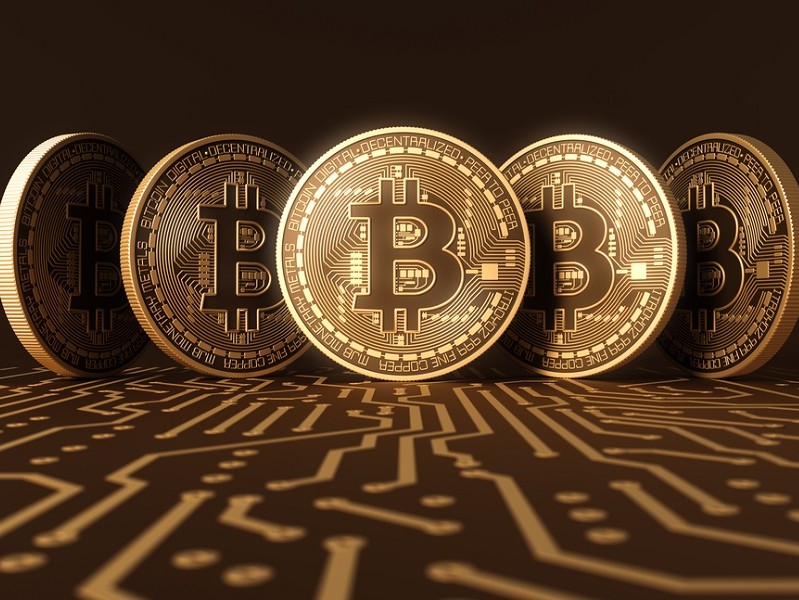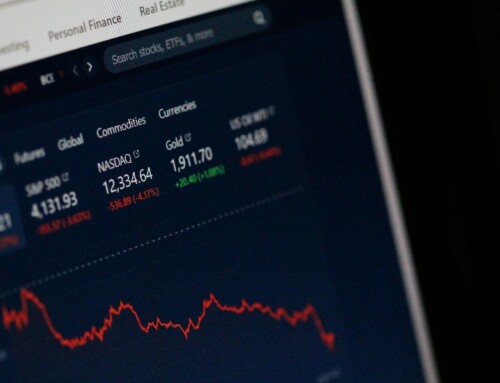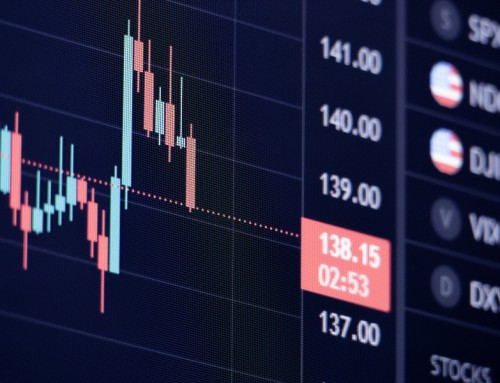“Bitcoin is the future of money”
“Bitcoin is a bubble waiting to pop”
Both these statements hold true. If you are interested in investing the idea of having Bitcoin or digital currency would invariably come to mind at some point. Just to put things into perspective, at the beginning of 2017, one Bitcoin cost about USD$1000 or about SGD$1400. Today it is more than USD$9500 or about SGD$13,000. That is a staggering growth rate of almost 10 fold. Essentially, if you had bought about $1000 worth of Bitcoin at the start of the year, you would have about $10,000 today. This astronomical rise in price in a little less than 11 months is causing many to label Bitcoin both as the perfect investment as well as a bubble.
To really make a clear judgement, we have to understand the intrinsic value, use or application when it comes to a digital asset like Bitcoin.
1) Bitcoin is a digital asset
Digital assets are going mainstream. Where we used to send real flowers and birthday cards, there are now digital flowers and digital greeting cards. The main reason why digital assets are catching on is due to the fact that the speed at which digital assets can be sent is very fast. There is also almost no cost in sending a digital asset across long distances. For us in Singapore, we may not be able to see that money transfers come at a cost. However, for the foreign worker who comes from an impoverished third world country, remitting money back home can be an extremely costly affair. Remittance services can be as high as 20% in some cases. This is a perfect example of the rich remittance companies getting richer while earning huge sums of money from the poor who really need every cent of what they earn. If digital currency was mainstream, these people can simply send digital money electronically to their families.
2) Bitcoin is a new technology
The blockchain is a very interesting concept. In a nutshell, Bitcoin uses blockchain technology to verify every single ledger when it comes to how one Bitcoin is used. A ledger is a record of who, how, what and where a transaction occurred. This record is indelible on the blockchain. This essentially solved the issue of who owns a certain Bitcoin and every Bitcoin is unique and cannot be counterfeited. We should not equate Bitcoin to blockchain as Bitcoin is just using the technology. This is the reason why there are some people who see the importance of the blockchain and yet they do not support the rise of Bitcoin.
3) Bitcoin is the exact opposite of fiat currency
All currencies across the world are backed by the US dollar. The US dollar is essentially a value which the Federal Reserve wants it to be. To push the value of the US dollar lower, they simply print more money. To make it go up, they buy up US dollars from the market. So essentially the notes that we carry around are not backed by anything other than what the legitimacy of central banks around the world. Also, fiat currency, when in circulation, has this issue called double spending. Let’s say you deposit $100 in the bank. The bank can keep maybe $20 in its vault and lend out the remaining $80 in the form of a loan to a person. This creates an additional $80 in circulation. A digital currency like Bitcoin does not have this issue. You cannot keep a Bitcoin with a financial intermediary and then create an additional 0.8 Bitcoin in circulation. The blockchain prevents this from happening. There is a limit to the number of Bitcoins that can be created. That number is 21 million. You cannot create or print any more currency.
4) Bitcoin is decentralised
Bitcoin is not controlled by any government. For that matter, Bitcoin cannot be taken down by anyone. I believe many people are familiar with BitTorrent. BitTorrent is where you download parts of a file from a network of people. For ages governments and copyright lawyers have been trying to take down file sharing sites. Yet today, file sharing is something that just about everyone goes to when they want to download something. Bitcoin is something like that. The ownership of that Bitcoin is placed in the ledger and this ledger is stored with just about everyone in the Bitcoin network. If someone would like to know the identity of that Bitcoin, he would just have to make a call out to the network. It cannot be hacked due to the fact that to change the ledger you would have to hack everyone on the network simultaneously.
Now that we understand what Bitcoin is, let us then decipher whether there is a bubble forming.
1) Just because a stock has gone up in price does not mean it is expensive
Back in 1994, just before everyone started going online, if you had bought AOL stock, you would have sat on a profit of about 10,000% at one point. Similarly, Priceline stock was trading at about $20 in 2004 but currently, it is worth more than $1700. Amazon too had traded at about $10-20 in the early 2000s and today it stands at $1200. One similarity which all these 3 companies have is that they are all game changers in their industry. Bitcoin or cryptocurrency is that game changer. The only difference is that it is not going to change just one industry, it is going to change a number of them. It has the capability to change the remittance as well as the banking industry.
2) The network effect
The network effect is the concept that the more people use a certain technology, the better it becomes. Think of email and the fax machine. If the people around you do not have emails or fax machines, you could not use these technologies effectively. This is also the reason why Facebook eventually won the social media battle. Social networks like Google Plus or MySpace could not keep up with the number of people that Facebook was attracting. Eventually, those who were on MySpace made the switch to Facebook as there were more people to interact on Facebook. This, in turn, brings more people to Facebook and the snowball continues. Bitcoin is also benefitting from this network effect. As more people adopt it as a form of payment, the value of the cryptocurrency will rise.
3) Governmental intervention
As you can see from all my previous points, I am personally supporting the rise of cryptocurrency. However, I do believe that there is one major stumbling block which may present itself in future. A government exists to win the mandate of its voters. A key to winning votes is to ensure that the economy is doing well. One key aspect of having a grip on a nation’s economy would be to control the money supply. If a cryptocurrency comes into existence and it replaces the role of the central bank to control the money supply, politically it will not be good for the ruling government. This is the reason why China is clamping down on cryptocurrencies.
I personally own some cryptocurrencies and a large percentage of which is in the form of Etheriums. I do think that there are huge benefits to using cryptocurrencies but whether the governments around the world can accept cryptocurrencies weakening the functions of their respective central banks is a huge threat to cryptocurrencies. That being said, I do believe that there may be a place for cryptocurrencies in your investment portfolio. I am not advocating that you sell everything and place it all in Bitcoin but I do think that perhaps setting a small percentage of your money to purchase some cryptocurrency. The downside is that you may stand to see the value of these cryptocurrencies tank if sentiment turns and governments work together against cryptocurrencies. However, if the network effect is a good indicator of where things are headed, then cryptocurrencies like Bitcoin have the potential to be revolutionary and continue to appreciate in value.
Yours Sincerely,






